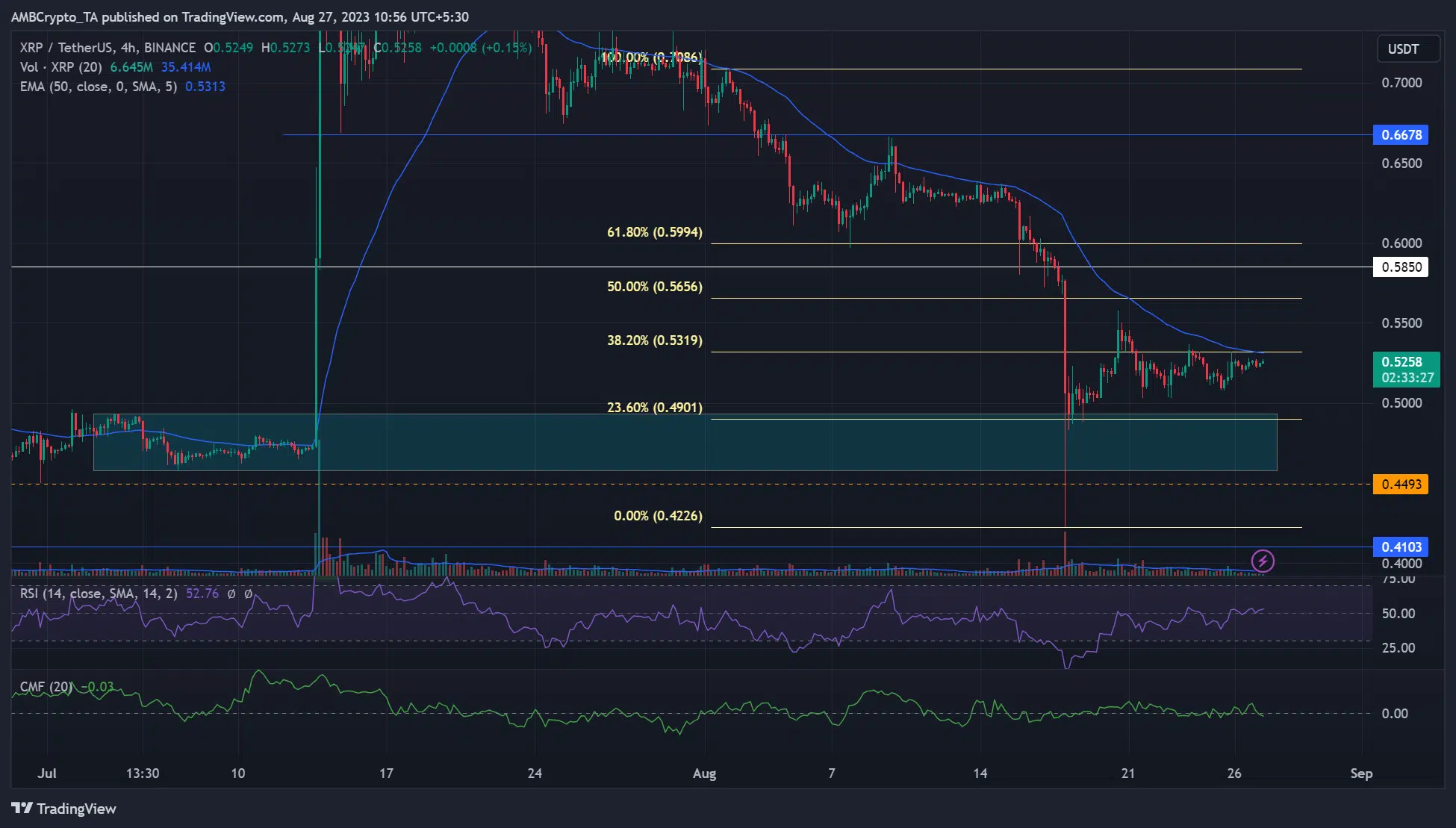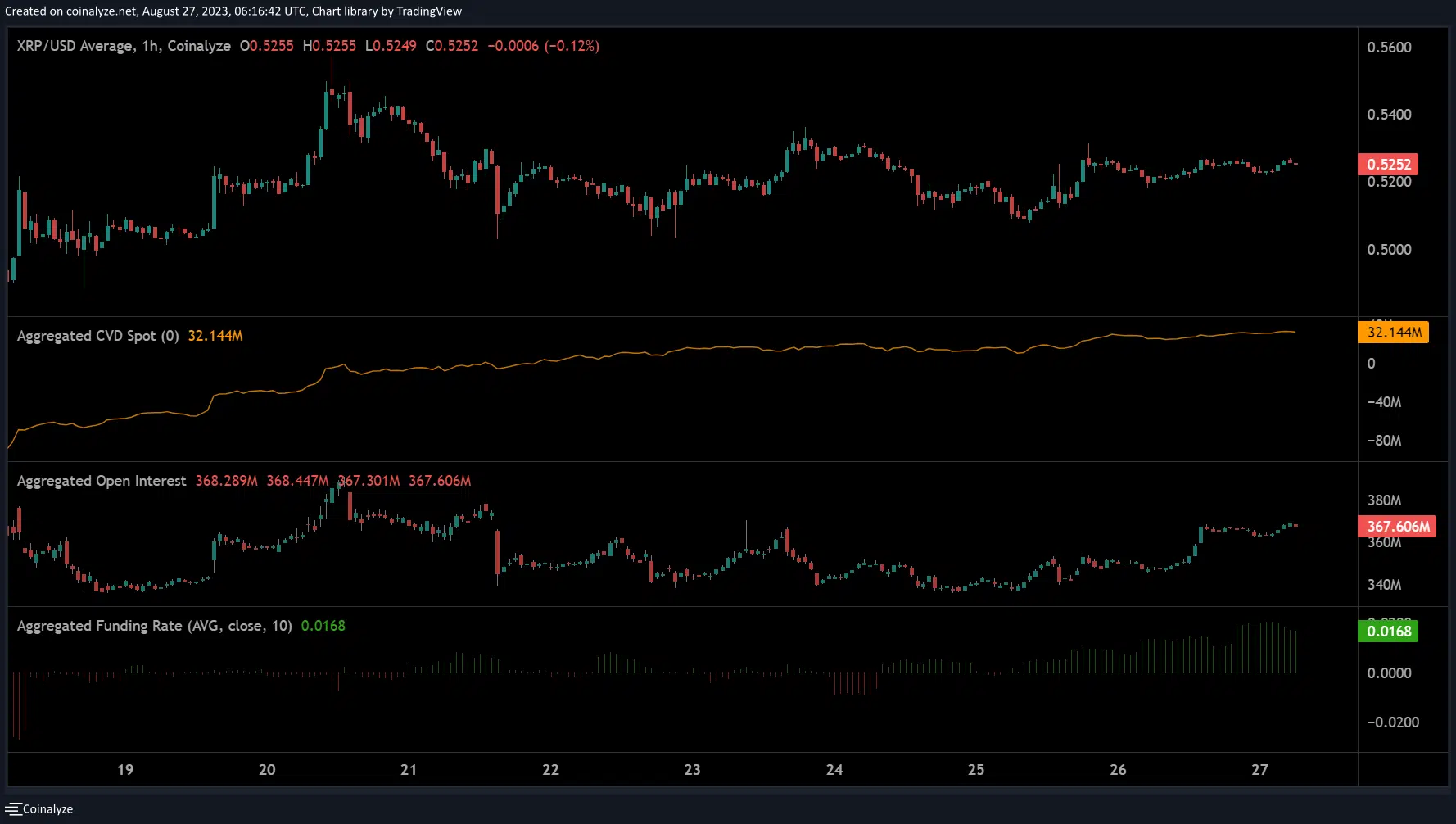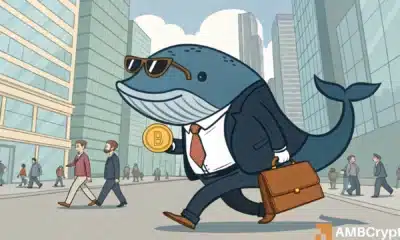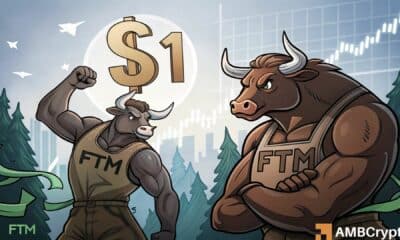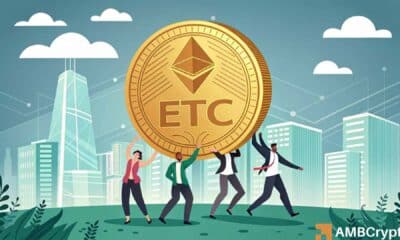Can XRP clear the $0.53 hurdle

Disclaimer: The information presented does not constitute financial, investment, trading, or other types of advice and is solely the writer’s opinion.
- XRP has been unable to go above $0.53 since 22 August.
- Funding rates and Open Interest rates improved.
Since 22 August, Ripple [XRP] has been stuck in a short-term range of $0.50 – $0.53. The futures market data depicted positive funding rates and improved demand from Friday (25 August). But XRP had a double overhead hurdle to push forward as of publication.
Is your portfolio green? Check out the XRP Profit Calculator
In the meantime, Bitcoin [BTC] continued to fluctuate around $26k. BTC’s extra losses couldn’t be overruled, especially if September’s FOMC Meeting takes a hawkish stance.
XRP prices to push north?
The Relative Strength Index (RSI) has been wavering around the median 50-mark. It captures equal buying and selling pressure and range formation in the last few days.
Besides, the Chaikin Money Flow (CMF) also wavered near its threshold, denoting fluctuating capital inflows. XRP’s short-term range ($0.50 – $0.53) could extend if the above two neutral readings persist in the next few hours/days.
A Fibonacci tool (yellow) was placed between August high and low. Notably, the $0.53 level aligned with the 38.2% Fib level. In addition, the $0.53 level was in confluence with the 50-EMA (Exponential Moving Average). So, the level could still be a crucial hurdle in the next couple of hours/days.
Any downward move could ease at the 23.6% Fib level and weekly bullish order block (OB) of $0.458 – $0.494 (cyan).
How much are 1,10,100 XRPs worth today?
Funding rates improved
According to Coinalyze, XRP’s funding rates turned green on 25 August and have improved since then. In addition, the Open Interest (OI) rates increased from around $340 million to >$360 million at the time of publication.
The CVD (Cumulative Volume Delta) chalked a positive slope from 19 August, indicating buyers gained significant control from that day. However, the overhead hurdle of $0.53 remained problematic.

